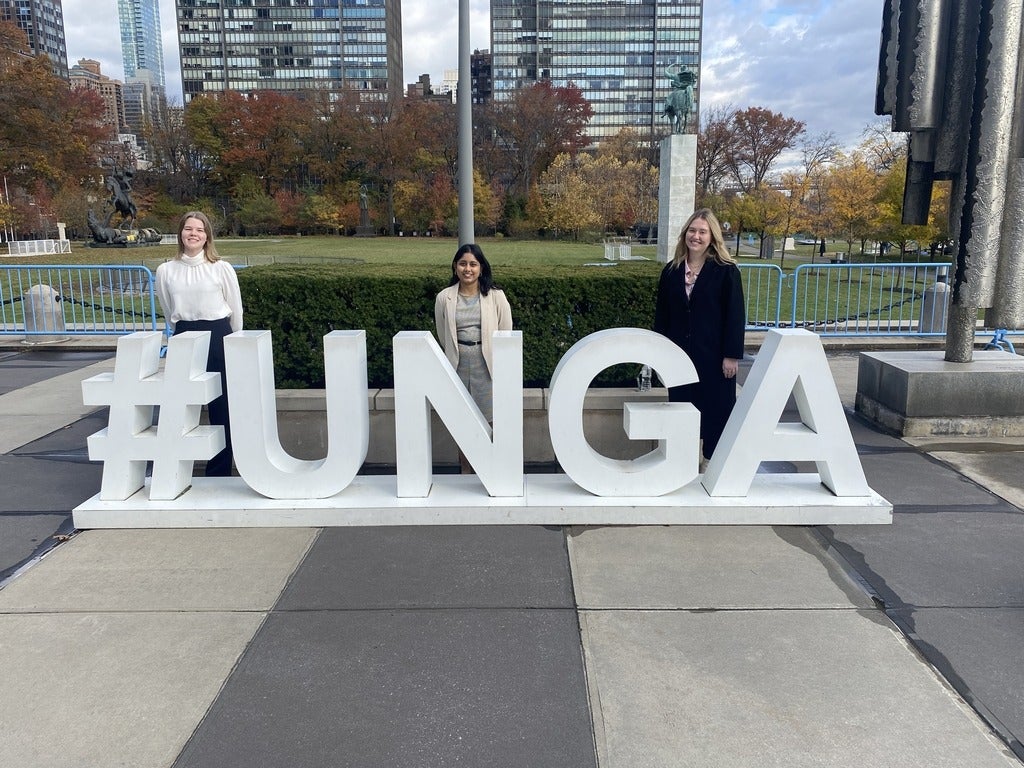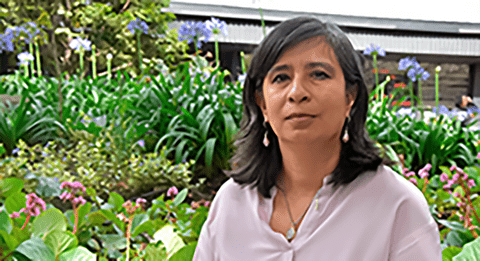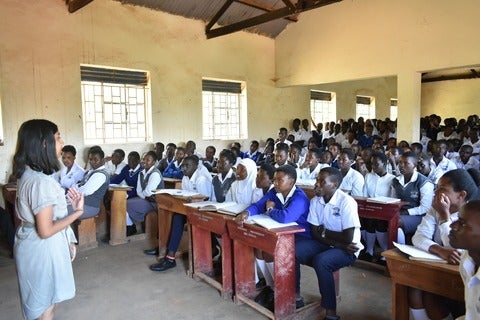The journey of figuring out what you want to do after high school isn’t linear, and Abigail Persaud is an example of how seizing new opportunities can lead to the most profound experiences of self-discovery and impact. As she completes her final term of her undergraduate degree at the University of Waterloo, the experiences she has gained through her time at the university have provided a strong foundation for her to be a part of the meaningful change that Peace and Conflict Studies (PACS) alumni are making around the world.
Abigail Persaud, a 4th-year Peace and Conflict Studies (PACS) student, explored global opportunities through the Beyond Borders program at St. Jerome’s and completed a co-op term working abroad in Uganda. The Beyond Borders program provides students with an international service-learning experience where they can explore new cultures and discover alternative perspectives and ways of life around the world. She worked with Reach One Touch One Ministries (ROTOM) in Mukono, Uganda, a non-for-profit organization that supports international fellowship to provide care to older adults and the grandchildren that depend on them in both Uganda and Ethiopia. As an Intergenerational Support Worker, she provided direct hands-on support in Uganda.
Her experience working abroad gave her a new perspective on how she approaches work and how peace and conflict studies can fit into that.









